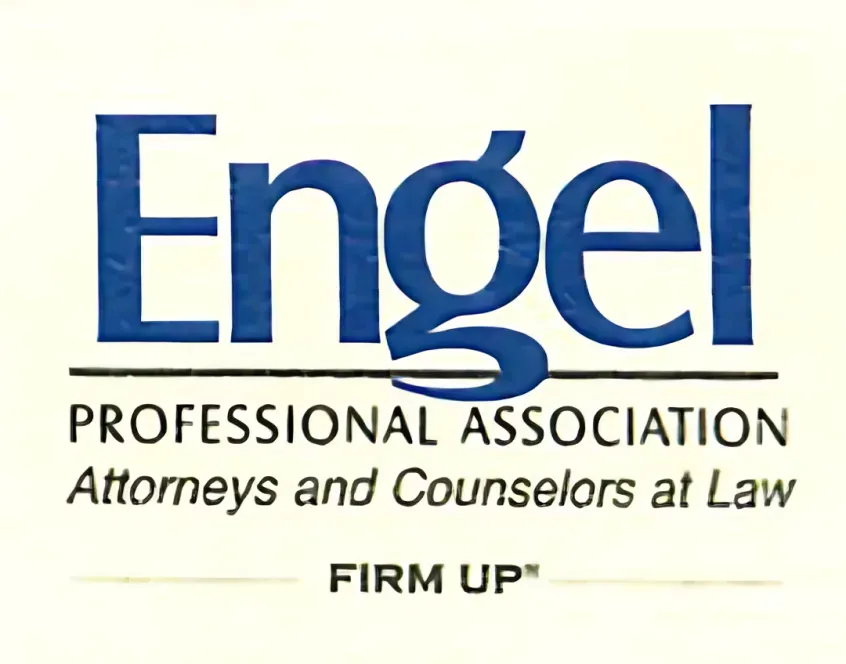Selling Your Home? Understand Disclosure Obligations
Ken Engel
Selling a home can be one of the most meaningful milestones in life—financially, emotionally, and legally. As a real estate attorney serving clients across Minnesota and Wisconsin, I often help homeowners understand their obligations when listing their property. One of the most important responsibilities? Property disclosures.
Whether you're selling a home in Minneapolis, Madison, Hudson, or River Falls, knowing what you’re legally required to disclose is key to avoiding costly disputes down the line.
Selling Your Home: A Legal Commitment
When you sell a home, you’re not just handing over the keys—you’re entering a legal relationship with the buyer. Disclosure laws exist to ensure buyers make informed decisions and to protect sellers from future liability. Failing to disclose known issues can result in lawsuits, delays in closing, or even a canceled sale.
What Must Be Disclosed?
Most states, including Minnesota and Wisconsin, require sellers to complete a written disclosure report that outlines the property’s condition. This typically includes:
-
Structural issues (foundation cracks, roof damage, wall movement)
-
Plumbing or electrical problems
-
Past or current water damage or flooding
-
Pest infestations (termites, rodents, etc.)
-
Environmental concerns (lead-based paint, asbestos, radon)
-
Legal issues (property liens, zoning violations, ongoing litigation)
If you’re unsure what qualifies as a “material fact,” working with a real estate disclosure attorney in Minneapolis or Madison can provide clarity.
What About “As Is” Sales?
Many sellers believe that selling a property “ as is ” releases them from disclosure duties—but this is a common misconception. Even in as-is sales, you're still legally obligated to disclose any known issues. Being upfront not only complies with the law, but also builds credibility with potential buyers and helps prevent post-sale conflicts.
The Broker’s Role
If you’re working with a real estate agent or broker, keep in mind that they also have disclosure responsibilities. In both Minnesota and Wisconsin, real estate professionals must disclose material facts they know or should reasonably know, regardless of whether the seller discloses them. This makes open and honest communication with your broker essential.
“No Representation” Does Not Mean “No Liability”
In some situations, sellers can select a “ no representation ” option on disclosure forms, which means they’re not confirming or denying specific property conditions. However, this doesn’t protect you from legal consequences if you knowingly conceal a defect. Laws differ by state, so it’s important to understand what “no representation” really means where you live.
I help clients in Milwaukee, St. Paul, and Hudson interpret these nuances and comply with their obligations confidently.
Taking the First Step Toward a Smooth Sale
Disclosure doesn’t have to be intimidating. By organizing relevant records—like repair invoices, inspection reports, and warranty paperwork—and consulting a real estate lawyer, you can prepare your listing with peace of mind.
As a real estate attorney, I provide personalized guidance to help you understand your legal duties and navigate the home-selling process smoothly. Whether you're selling your longtime home or listing an investment property, I’m here to help you protect your interests and avoid unnecessary legal pitfalls.
Need Help with Real Estate Disclosures? If you're selling a home in Minnesota or Wisconsin, let’s make sure you do it the right way. Contact me today for legal support tailored to your unique situation in Minneapolis, Madison, Hudson, or Milwaukee.
